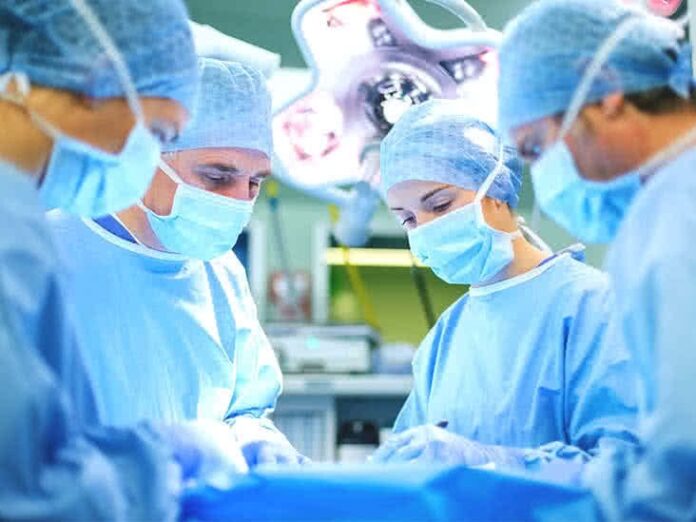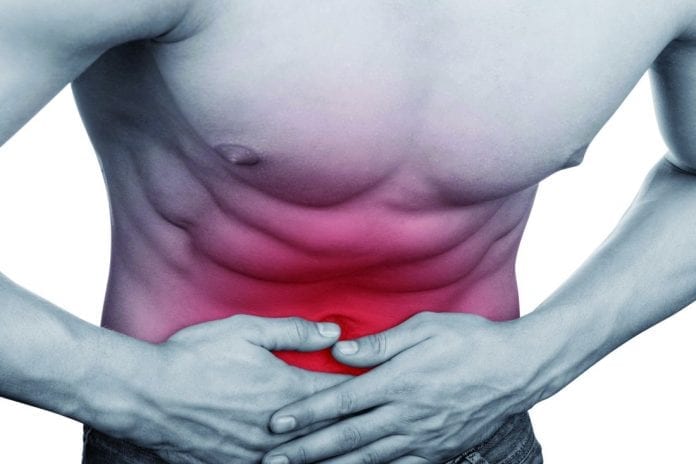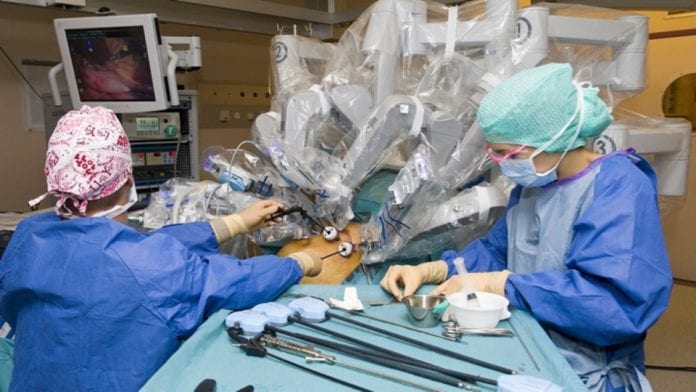Having hernia surgery is a straightforward way of dealing with the condition. This is relatable, considering that the majority of hernias don’t usually get better without surgery.
Fortunately, the hernia is symptomatic. Therefore if your diagnosis results reveal a hernia, it would be better to act fast and consult professionals.
Medical health experts majorly recommend hernia surgery because it helps relieve you of the discomfort that comes with the condition. The surgery also helps you prevent complications that may arise due to the disease by eliminating any lump or bump due to hernia.
When is a hernia bad enough that I should elect for hernia surgery?

Not every hernia is bad enough that you might require surgery. One important point to take note of is that hernias will not disappear by themselves without surgery. However, it can be quite common for more minor hernias to delay surgery for as long as months or years.
Your doctor might recommend that you continue to observe your symptoms to see if it negatively affects your quality of life. However, chances are the hernia might worsen as time passes as your muscle wall continues to weaken and more and more of the organ starts to get dislodged and pushed through. Some people might wear tight clothing in order to stop the hernia from protruding, but this can often do more harm than good, so always consult with your doctor before trying any alternative remedies.
How long does it take to recover from a Successful Hernia Surgery?

Recovery from hernia surgery in Singapore is usually not long. If you had a lesser invasive hernia repair surgery, you might be discharged on the same day. According to Thomas Ho, the recovery period after hernia surgery for most people is usually 3 weeks.
You may experience swelling on the area the incision was made, but this shouldn’t really bother you since it is normal and usually not a red flag for an unsuccessful surgery. You can always wrap a cold pack or ice around the treated area for 10 to 20 minutes for 1 to 2 hours to manage the pain and swelling.
Dos and Don’ts after Hernia Surgery

One of the primary aims of hernia surgery is to remove hernia-related dysfunction and pain that you may have been going through. Therefore, you’re less likely to experience negative long-term effects after the procedure if; it was ideal for you, it was done correctly, and you religiously follow your surgeon’s guidelines.
Here are a few of the things you may need to avoid and those you can do;
- Physical Activity Recommendations after Hernia Surgery in Singapore
- Do not engage in any strenuous exercise or physical activity for six weeks. This includes sports.
- Avoid lifting heavy objects above 10KGs for six weeks after your surgery.
You should also not drive when you feel discomfort or when still on narcotic medicines.
Instead, you can always;
- Engage in light physical activities. These may include climbing stairs and walking.
- Walking is particularly, essential as it encourages blood circulation, which will be instrumental in your healing process.
- Resting. Be sure to get as much rest as you can, especially when you feel tired.
- Showering. You can always shower after around 24 to 48 hours after your surgery. However, this will depend on the type of hernia surgery, and if your doctor has given you the green light to bathe. Now, if the doctors had used gauze to cover the incision, be sure to remove it before showering and then pat the incision dry later on. Your doctor will give you practical guidelines on how you can keep the incision dry and for how long.
Diet Recommendations after Hernia Surgery

Foods to avoid after Hernia Surgery
It is prudent that you avoid high-fat content meat products. If you have to eat meat, moist cooked poultry meat would be fine. You will need to keep off foodstuffs that may lead to gas, thus abdominal pains. Some of the foods you will therefore avoid include;
- Broccoli
- Capsicum
- Cabbage
- Cucumber
- Cauliflower
- Corn
Foods to Eat After Hernia Surgery in Singapore
You may feel nauseated after the surgery due to anesthesia and even vomit. You may also experience constipation due to the changes in your diet, anesthesia, and medicines, etc.
You can avoid constipation by beginning with liquid diets, which may include;
- Pudding
- Plain or vanilla yogurt
- Nutritional drinks
- Sherbet
- Milk
- Creamed vegetables
After that, you will need to gradually shift to a regular diet, which should heavily consist of fiber to minimize constipation risks. Some of the fiber-rich foods you may need to eat include;
- Vegetables
- Fruits
- Grains, seeds, and nuts
- Beans and Legumes.
Caring for the Incision/Wound after Hernia Surgery
Do’s and don’ts
- Do not touch the wound with dirty hands. Before touching the wound, wash your hands thoroughly and then rewash them after touching the wound.
- Do not wear rough or tight clothes that may rub your incision and cause irritation to the wound.
- Your doctor will place a dressing over the incision. Please do not interfere with it; instead, follow the doctor’s guidelines on how to take care of it.
- If the doctor used a liquid stitch or skin glue on the incision. Do not peel it off; instead, leave it in place until it falls off on its own.
- Do not wash the incision with alcohol or hydrogen peroxide, as this may make your healing slower. Instead, you can always wash the incision using warm soapy water.
Can I Have Sex after Hernia Surgery?

You can always have sex after hernia surgery if you don’t feel any form of discomfort. However, your doctor may advise that you avoid sex for a few days or weeks depending on factors like;
- Your general health status and age
- The location of the hernia
- If at all there were any complications during the operation and
- The type of surgery you had









